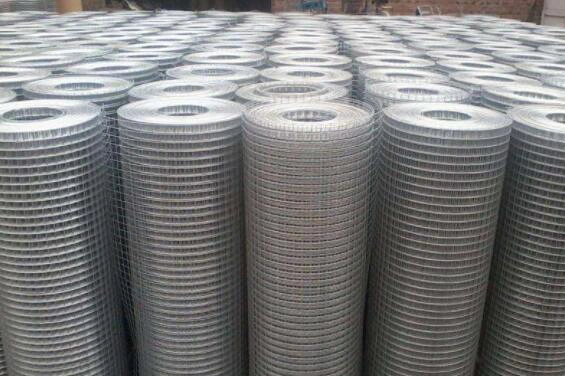The Importance of Plant Cages in Gardening
Gardening is an enriching activity that allows us to connect with nature, cultivate our own food, and beautify our surroundings. However, to achieve optimal growth and health for our plants, especially climbing varieties, implementing the use of plant cages is often essential. Plant cages, which are structures designed to support and protect plants, play a crucial role in gardening practices for several reasons.
Supporting Growth
One of the primary purposes of plant cages is to provide structural support to plants that need it, such as tomatoes, cucumbers, and peas. These plants tend to grow tall and require assistance to reach their full potential. By using cages, gardeners can ensure that their plants have the necessary support to grow upright and strong. This not only helps in maintaining the plant's health but also allows for better air circulation around the leaves, which is vital for preventing diseases caused by dampness.
Maximizing Space
For gardeners with limited space, such as those working in urban environments or small backyards, plant cages provide an efficient solution. Vertical gardening is becoming increasingly popular, as it allows for the cultivation of various plants without requiring extensive horizontal space. By encouraging plants to grow upward instead of outward, cages can help maximize the available area. This method is particularly effective for creating a lush garden in confined spaces, allowing for more plants to flourish in a smaller footprint.
Enhancing Light Exposure
Proper light exposure is crucial for photosynthesis, which is the process by which plants convert light into energy. When plants are allowed to sprawl on the ground, lower leaves may be shaded, inhibiting their growth and affecting overall yield. Plant cages lift the plants above the soil, ensuring that all leaves receive adequate sunlight. This improved access to light can lead to more vigorous growth, healthier foliage, and a more bountiful harvest.
plant cages

Pest and Disease Management
Plant cages also serve as a protective barrier against various pests and diseases. Ground-dwelling pests, such as slugs and snails, can decimate young plants if left unprotected. By elevating plants off the ground, cages can help to deter these pests and reduce the likelihood of infestations. Additionally, having plants off the soil surface can minimize the risk of soil-borne diseases that may affect the roots and lower stems of the plants. Overall, using cages can significantly contribute to the health and longevity of your garden.
Aesthetic Appeal
Beyond their functional benefits, plant cages can also add to the visual appeal of a garden. Available in various designs, materials, and colors, they can complement your garden's aesthetics. Whether you prefer rustic wooden cages or sleek metal ones, these structures can enhance the overall beauty of your garden while serving practical purposes. Gardeners can incorporate cages into their landscape designs, creating focal points that draw the eye.
Easy Maintenance
With plants supported in cages, maintenance tasks such as watering, weeding, and harvesting become much easier. Gardeners can access their crops without the need to bend down or crawl on the ground, reducing the physical strain that can come with traditional gardening methods. This aspect is especially beneficial for those with physical limitations or older individuals who may find bending difficult. Furthermore, having plants neatly contained can simplify tasks such as mulching, applying fertilizers, and mowing around plants.
Conclusion
In conclusion, plant cages are an indispensable tool for gardeners looking to optimize the growth and health of their plants. They provide essential support, maximize growing space, enhance light exposure, and help prevent pest and disease issues. Moreover, this gardening accessory can contribute to the aesthetic value of your garden while simplifying maintenance tasks. Ultimately, incorporating plant cages into your gardening practice can lead to a more productive and enjoyable gardening experience. Whether you are a novice gardener or an experienced green thumb, investing in plant cages is a step toward achieving a thriving garden.

















